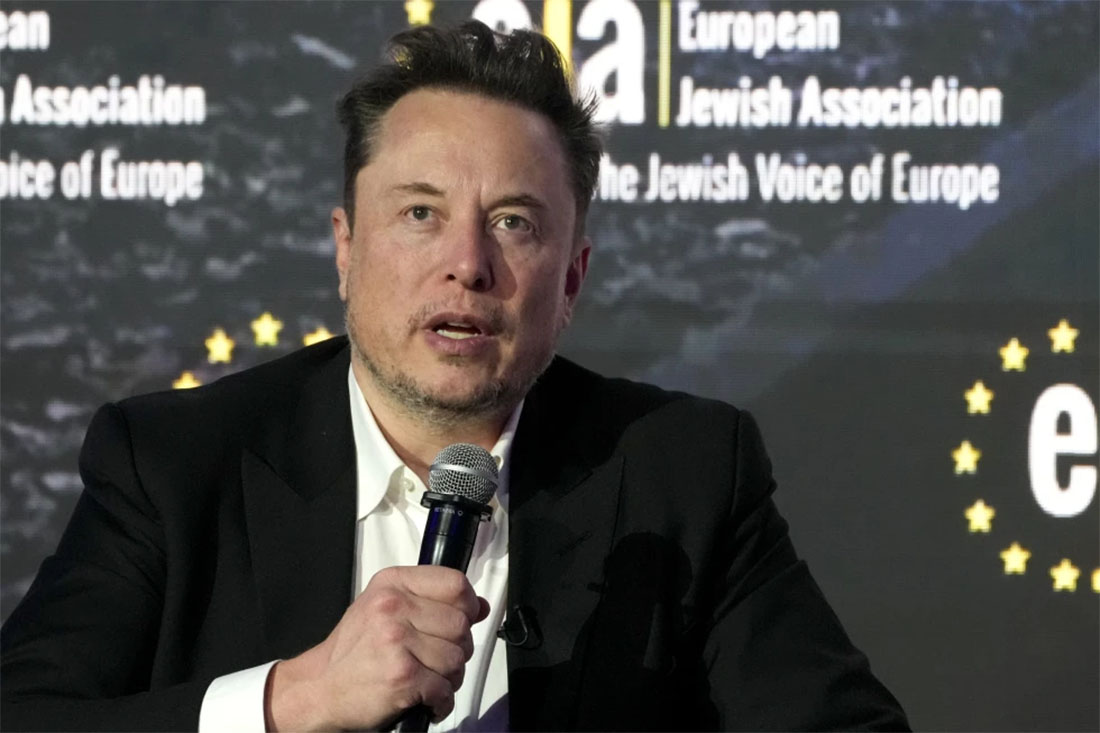Photo Credit: Getty Images
In a surprising turn of events, Tesla CEO Elon Musk has backtracked on the company's long-standing plans for a $25,000 electric vehicle. During Tesla's Q3 2024 earnings call, Musk firmly stated that developing such an affordable, non-autonomous car model no longer aligns with the company's vision.
When asked about the status of the promised $25,000 Tesla, Musk was unequivocal in his response. "We're not making a non-robotaxi [model]," he said. "I think we've been very clear that the future is autonomous." Musk went on to describe a $25,000 regular, human-driven model as "pointless" and "silly," arguing it would be "completely at odds with what we [Tesla] believe."
This marks a significant shift from Tesla's previous strategy of targeting the mass market with an entry-level EV. For years, the $25,000 Tesla had been touted as a key part of the company's plan to become the world's largest automaker, with a goal of producing 20 million vehicles annually by 2030. However, that ambitious target was recently removed from Tesla's latest "impact report."
Musk's latest comments suggest Tesla's focus has firmly pivoted toward fully autonomous vehicles, including the so-called "Cybercab" prototype unveiled in October. This two-door, two-seat "robotaxi" is now slated to be Tesla's $25,000 offering, with Musk promising production will begin in 2026.
The fate of Tesla's long-promised second-generation Roadster sports car also remains uncertain. When asked about the Roadster's status, Musk acknowledged the "long-suffering" customers who placed deposits years ago, but reiterated that the company's "larger mission is to accelerate progress toward a sustainable energy future." He described the Roadster as "dessert" that must take a backseat to Tesla's more impactful projects.
However, Musk couldn't resist teasing one more potential surprise, hinting at the possibility of a flying car in partnership with fellow billionaire Peter Thiel. "We'll see," Musk said cryptically.
Tesla's evolving product strategy highlights the company's ambitious, yet at times unpredictable, approach to the rapidly changing automotive landscape. While Musk's vision of a fully autonomous future may excite some, it has left long-standing Tesla enthusiasts and reservation holders wondering when - or if - their much-anticipated vehicles will ever materialize.
It remains to be seen whether the company's relentless focus on self-driving technology will come at the expense of more traditional, human-centric models. Only time will tell if Musk's bold proclamations translate into tangible products that can satisfy the diverse needs of Tesla's growing customer base.


